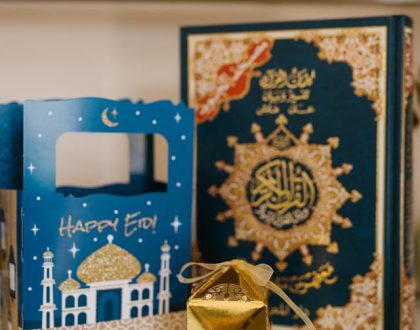What is the status of tarawih?

In order for something to be called a sunnah mu’akkadah, an emphasised sunnah, it has to be something the Prophet (peace be upon him) did regularly and did not leave without an excuse. This is the definition of mu’akkadah.
The Prophet (peace be upon him) prayed the tarawih 3 nights in a row but on the 4th night he didn’t come out because he was afraid that this would become and obligation for the Ummah that they might find difficult to maintain.
‘Urwa (may Allah be pleased with him) narrated that he was informed by `Aisha,
“Allah’s Messenger (peace be on him) went out in the middle of the night and prayed in the mosque and some men prayed behind him. In the morning, the people spoke about it and then a large number of them gathered and prayed behind him (on the second night). In the next morning the people again talked about it and on the third night the mosque was full with a large number of people. Allah’s Messenger (peace be on him) came out and the people prayed behind him. On the fourth night the Mosque was overwhelmed with people and could not accommodate them, but the Prophet (peace be on him) came out (only) for the morning prayer. When the morning prayer was finished he recited Tashah-hud and (addressing the people) said, “Amma ba’du, your presence was not hidden from me but I was afraid lest the night prayer (Qiyam) should be enjoined on you and you might not be able to carry it on.” So, Allah’s Apostle died and the situation remained like that (i.e. people prayed individually). ” (Bukhari)
Later on this was the practice of the companions and the Prophet (peace be upon him) in a hadith he said, ‘Follow my sunnah and the sunnah of my four caliphs.’ So this is the sunnah of the caliphate, so it will be right to attach it to his sunnah, the Prophet (peace be upon him).
Shaykh Haytham Tamim – 24th March 2024
Transcribed by Rose Roslan
- Can you pray nawafil (duha) before the midday prayer (dhur)?
- Can I still pray maghrib if it is dark and about to be isha?
- Can you pray tahiyatul masjid between asr and maghrib or a forbidden time?
Recommended Posts

When can you fast after Eid?
April 07, 2024

Is it permissible to take out a student loan?
April 02, 2024

